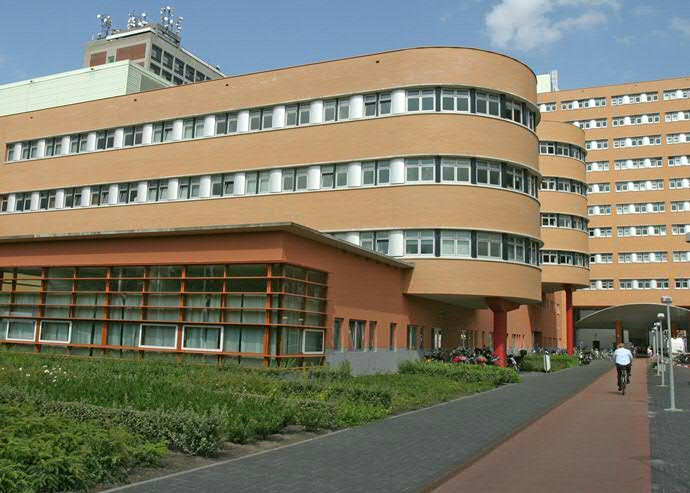Antibody can halt effect of new anticoagulants

For the first time, scientists have managed to counteract a significant disadvantage of new anticoagulants. In an international study, they have discovered an antibody that can temporarily halt the effect of these blood thinners. Their findings are published today in the influential New England Journal of Medicine. Pieter Willem Kamphuisen, an internist at the UMCG who is on the steering committee of the study, says this is a breakthrough in the use of the new anticoagulants.
New Oral AntiCoagulants (NOACs) is the collective name for a new generation of blood thinners that have been on the market for some years. Their advantage is that people who take them no longer need to have their blood tested for thrombosis. A major disadvantage is that their effect cannot be halted. This becomes relevant if a patient suffers from a sudden haemorrhage or must be operated on without delay.
Temporarily halt possible
This is the first time that researchers have managed to show that the effect of dabigatran, the most common of the NOACs, can temporarily be halted. They conducted an international study of 90 patients around the world who used the drug and underwent an unexpected operation. Kamphuisen believes that this was the real test of whether the antibody would work. ‘The antibody proved to work rapidly and there were no other disadvantageous effects such as extra blood clotting or thrombosis’.
Global research
The next stage in the research involves testing the antibody on a further three hundred patients. As Kamphuisen is on the steering committee of the study, some of this global research will be conducted in the UMCG. The next stage will take some time, says Kamphuisen, who is currently presenting the results of the study at a conference in Toronto. This is because it is impossible to predict when suitable patients will present themselves.
About 400,000 people in the Netherlands use anticoagulants. They are mainly patients with heart disease, thrombosis or an artificial heart valve, and they must generally continue to take these for the rest of their lives.
Noot voor de pers
Contact: via the UMCG Press Office, phone +3150 361 22 00
More news
-
17 November 2025
Artificial intelligence in healthcare
-
04 November 2025
AI Factory in Groningen advances digital sovereignty
-
03 November 2025
Menopause in perspective: How the media influences our perception
